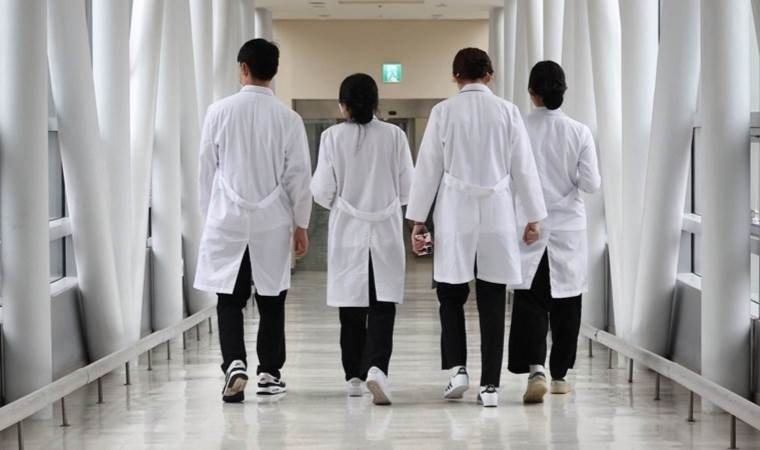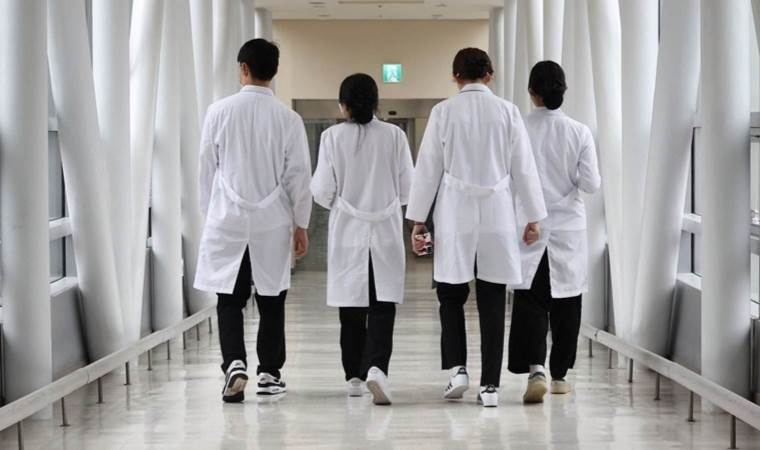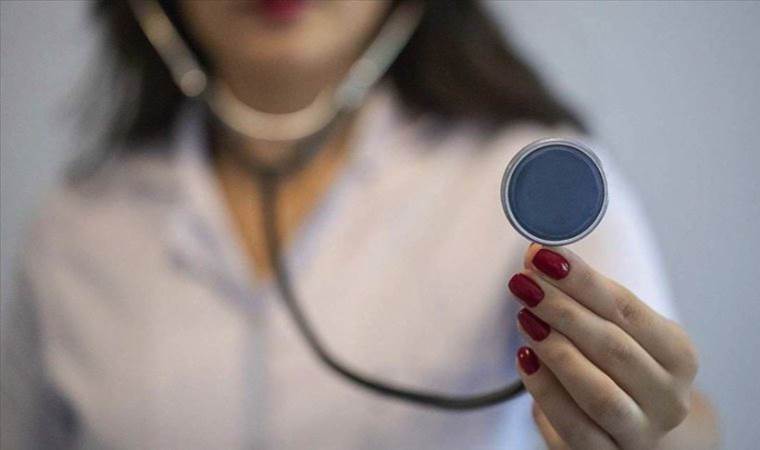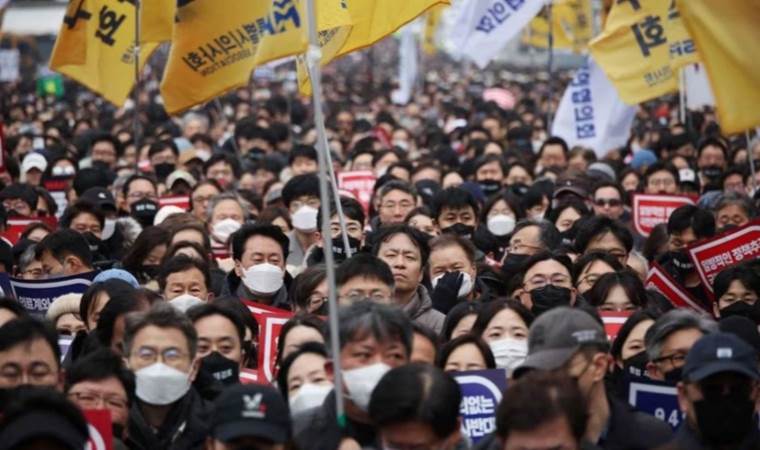South Korea faces healthcare crisis as junior doctors strike
In South Korea, a prolonged strike by junior doctors and interns protesting against a 2,000-seat increase in the annual medical school quota has led to significant disruptions in the healthcare system.

Major hospitals, including Asan Medical Center, Samsung Medical Center, Severance Hospital, Seoul National University Hospital, and Seoul St. Mary's Hospital, have been forced to close wards and reorganize staff to maintain healthcare services amid the strike. According to a report by Yonhap News on Wednesday, these hospitals have suffered financial losses exceeding $741,000 and have shifted to emergency management modes.
The protests have seen thousands of junior doctors and interns resign in opposition to the government's decision to expand medical school admissions. Since Monday, they have been joined by medical school professors, adding to the pressure on the healthcare system.
A hospital official expressed uncertainty about the resolution of the crisis, noting the absence of trainee doctors and resignations of professors. The remaining staff is overstretched, compromising the quality and availability of healthcare services. The strike has severely impacted South Korea's health system, leading to the postponement of many surgeries and hospitals extending working hours to manage patient inflow.
To assist with the escalating healthcare crisis, the South Korean military has opened its facilities to support the civilian government, signaling the severity of the impact of the doctors' strike on the nation's health services.
Most Read News
-
 Pakistan army says 34 militants killed in security opera
Pakistan army says 34 militants killed in security opera
-
 UN mission in Kabul welcomes ceasefire between Afghanist
UN mission in Kabul welcomes ceasefire between Afghanist
-
 Germany's Merz says Gaza plan brings new hope for lastin
Germany's Merz says Gaza plan brings new hope for lastin
-
 Israeli army arrests 24 Palestinians across occupied Wes
Israeli army arrests 24 Palestinians across occupied Wes
-
 Federal grand jury indicts man accused of starting Palis
Federal grand jury indicts man accused of starting Palis
-
 Ukraine’s Zelenskyy says meeting with Trump could help b
Ukraine’s Zelenskyy says meeting with Trump could help b
-
 New York mayoral candidate Mamdani apologizes to police
New York mayoral candidate Mamdani apologizes to police
-
 Russia says it has ‘nothing to report’ on Assad extradit
Russia says it has ‘nothing to report’ on Assad extradit
-
 EU unveils roadmap to boost defense readiness, eyes anti
EU unveils roadmap to boost defense readiness, eyes anti
-
 Reappointed French premier's government survives 2 votes
Reappointed French premier's government survives 2 votes













